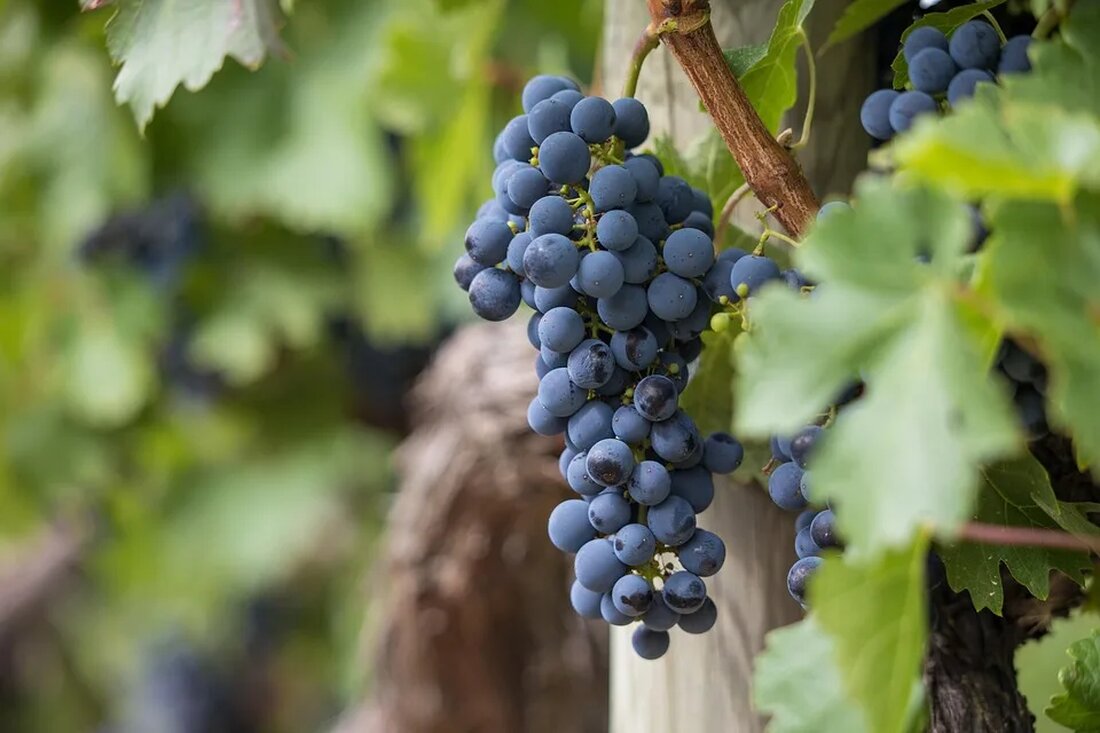Organic farming as a climate protection strategy
Organic farming offers an effective method against the biggest challenge of our time: climate change. Through sustainable practices, it helps reduce greenhouse gas emissions, revitalize the soil while maintaining productivity, contributing to a healthier earth. This article highlights how organic farming plays a key role in the fight against climate change. Organic farming and its importance Organic farming is an agricultural production system that aims to promote healthy plants, animals and people by relying on natural processes and renewable resources. It avoids synthetic pesticides, fertilizers and genetically modified organisms and places emphasis on...

Organic farming as a climate protection strategy
Organic farming offers an effective method against the biggest challenge of our time: climate change. Through sustainable practices, it helps reduce greenhouse gas emissions, revitalize the soil while maintaining productivity, contributing to a healthier earth. This article highlights how organic farming plays a key role in the fight against climate change.
Organic farming and its importance
Organic farming is an agricultural production system that aims to promote healthy plants, animals and people by relying on natural processes and renewable resources. It avoids synthetic pesticides, fertilizers and genetically modified organisms and values soil fertility, circular economy and biological diversity.
Soil fertility
Healthy soil is fundamental for plant growth and maintaining ecological balance. By avoiding synthetic fertilizers and pesticides, biological diversity is maintained in the soil and improves its structure and fertility. This allows the soil to store more CO2 and thus contribute to climate protection.
Circular economy
In organic farming, waste is minimized and resources are used optimally. Composting and fertilizing with organic materials converts waste into useful fertilizer. This improves soil quality and reduces the need for fertilizers, which contribute to greenhouse gas emissions.
Biological diversity
Biodiversity is another important aspect of organic farming. By growing different types of plants and keeping different types of animals, agriculture becomes more resilient to diseases and pests. This contributes to the sustainability of production and food security.
Organic farming as a climate protection strategy
Climate change is a serious threat to our way of life and our environment. By using sustainable agricultural practices, organic farming can help reduce the extent of this threat.
Reduction of greenhouse gas emissions
Agriculture is a major contributor to greenhouse gas emissions, mainly through deforestation, soil erosion and the use of synthetic fertilizers. Organic farming reduces these emissions by eliminating synthetic fertilizers and pesticides and protecting soil health.
Carbon storage in soil
Organic farming systems can bind carbon in the soil and thus contribute to reducing CO2. Healthy soil has a high potential to store carbon, which also helps mitigate the effects of climate change.
Adaptation to climate change
In addition to mitigating the effects of climate change, organic farming can also help adapt to changing climatic conditions. Through diverse agricultural systems, farmers can better respond to extreme weather events and protect their crops.
Effects of organic farming on nutrition and health
Organic farming not only has positive effects on the environment, but also on our diet and health. By avoiding synthetic pesticides and fertilizers, organically grown foods can contain fewer chemical residues. Organic farming also promotes biological diversity, which can contribute to a more diverse diet.
conclusion
Organic farming offers an effective strategy to combat climate change. By protecting soil health, minimizing waste and promoting biodiversity, it can help reduce greenhouse gas emissions and revitalize the earth. By choosing organically grown foods, we not only support the environment, but also promote our health and the sustainability of our food supply. Organic farming is therefore an important step towards a more sustainable future.

 Suche
Suche
 Mein Konto
Mein Konto
